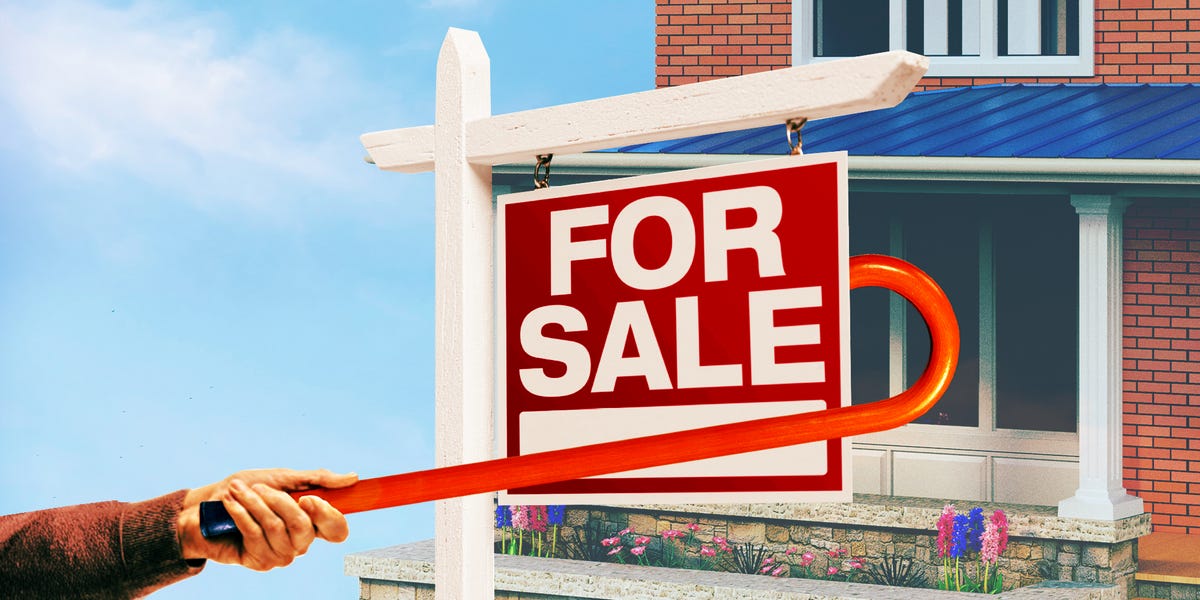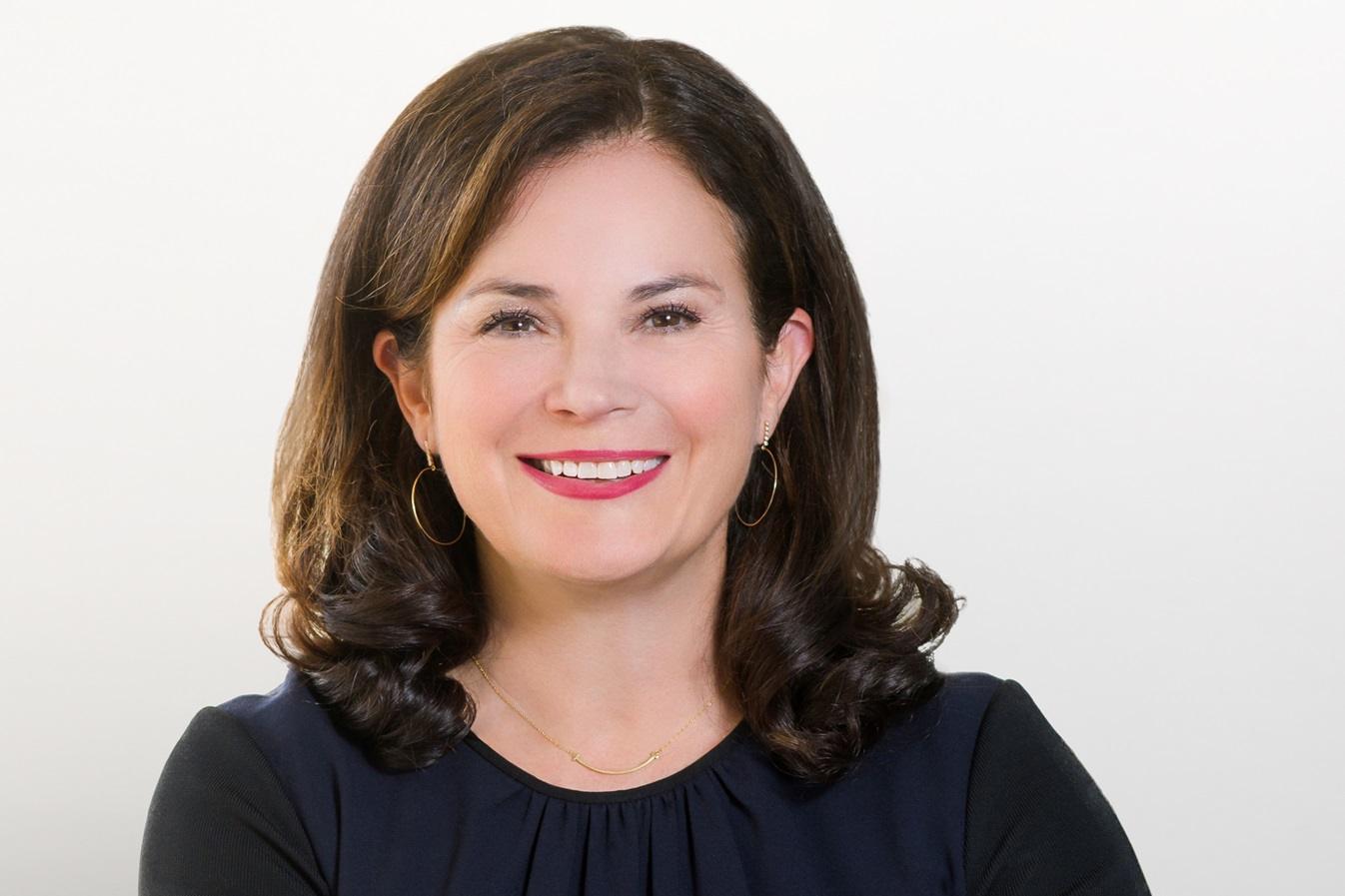S
uzie Payne had given up on owning a home by 40. While friends in their thirties were buying with parental help, she was juggling a single‑parent household and a job loss in Portland, Oregon. Home prices were already out of reach before the pandemic, and when mortgage rates fell in 2020 she was more focused on basic survival than house hunting. In 2021 she moved to Philadelphia, where a rowhouse for just over $200,000 fit her budget. A new job, first‑time‑buyer classes, and a larger loan than expected opened the door. By summer 2024, at age 42, she finally submitted a winning bid with an agent’s help.
Payne’s experience illustrates a broader trend: first‑time buyers are older than ever. The National Association of Realtors (NAR) reports that from mid‑2024 to mid‑2025 the average age of a first‑time buyer hit a record 40, while the overall median buyer age rose to 59, up from 47 in 2019. Older, wealthier buyers can better weather higher borrowing costs and pricier homes, whereas Gen X and boomers remain active, but the share of new buyers has shrunk dramatically.
Historically, the median age for first‑time buyers hovered around 29 in 1981, creeping to 33 over the next four decades. It spiked to 36 between mid‑2021 and mid‑2022, a jump attributed to “elder millennials” finally catching up after the Great Recession. Yet even that cohort felt squeezed by doubled mortgage rates, rising prices, and a construction lag. NAR’s deputy chief economist, Jessica Lautz, notes that first‑time buyers now account for a record‑low 21% of purchases—roughly half the historical average—effectively “removed from the market.” She points out that a large young‑adult population is seeing the door shut on homeownership, a symptom of market gridlock.
Repeat buyers now dominate, with a median age of 62 and a record‑high 26% of all buyers paying all cash. This cash advantage speeds transactions, leaving fewer entry‑level homes available. Agents report that younger buyers struggle to assemble down payments amid student debt and high rent. Peggy Pratt, a Century 21 broker in Massachusetts, says many who succeed rely on parental help, which is increasingly scarce. Suzy Minken of Compass notes that clients no longer view starter homes as stepping stones; instead, they wait to buy a place that feels permanent. NAR data shows sellers’ median tenure last year was 11 years, the highest ever, indicating fewer move‑ups.
The gridlock hampers the natural churn that frees entry‑level homes. After the sharp rise in mortgage rates a few years ago, homeowners cling to pandemic‑era low rates, unwilling to move unless rates fall further or they’re forced. Delayed first purchases mean missed wealth‑building years. With homes appreciating roughly 5% annually, buying a decade later can cost a typical homeowner about $150,000 in lost equity—money that could fund a future home, college, or upgrades. Lautz calls this a “generational wealth restriction.”
Payne’s journey didn’t end with her first accepted offer. A daughter’s medical emergency forced her to back out. A second offer fell through after a costly inspection and economic uncertainty. She remains cautious, waiting for conditions that feel secure rather than risky. “It has to be the right conditions,” she says. “Right now does not feel like the right conditions.”
The trend toward older first‑time buyers reflects a shift in life trajectories: many are reaching peak earning years before purchasing, gaining clarity on family needs and location preferences. Yet the downside is stark: years of missed equity, fewer moves, and a reevaluation of what constitutes a starter home. The market’s current state—high prices, high rates, and limited inventory—has pushed the average first‑time buyer into their forties, ushering in the era of the geriatric homebuyer.














